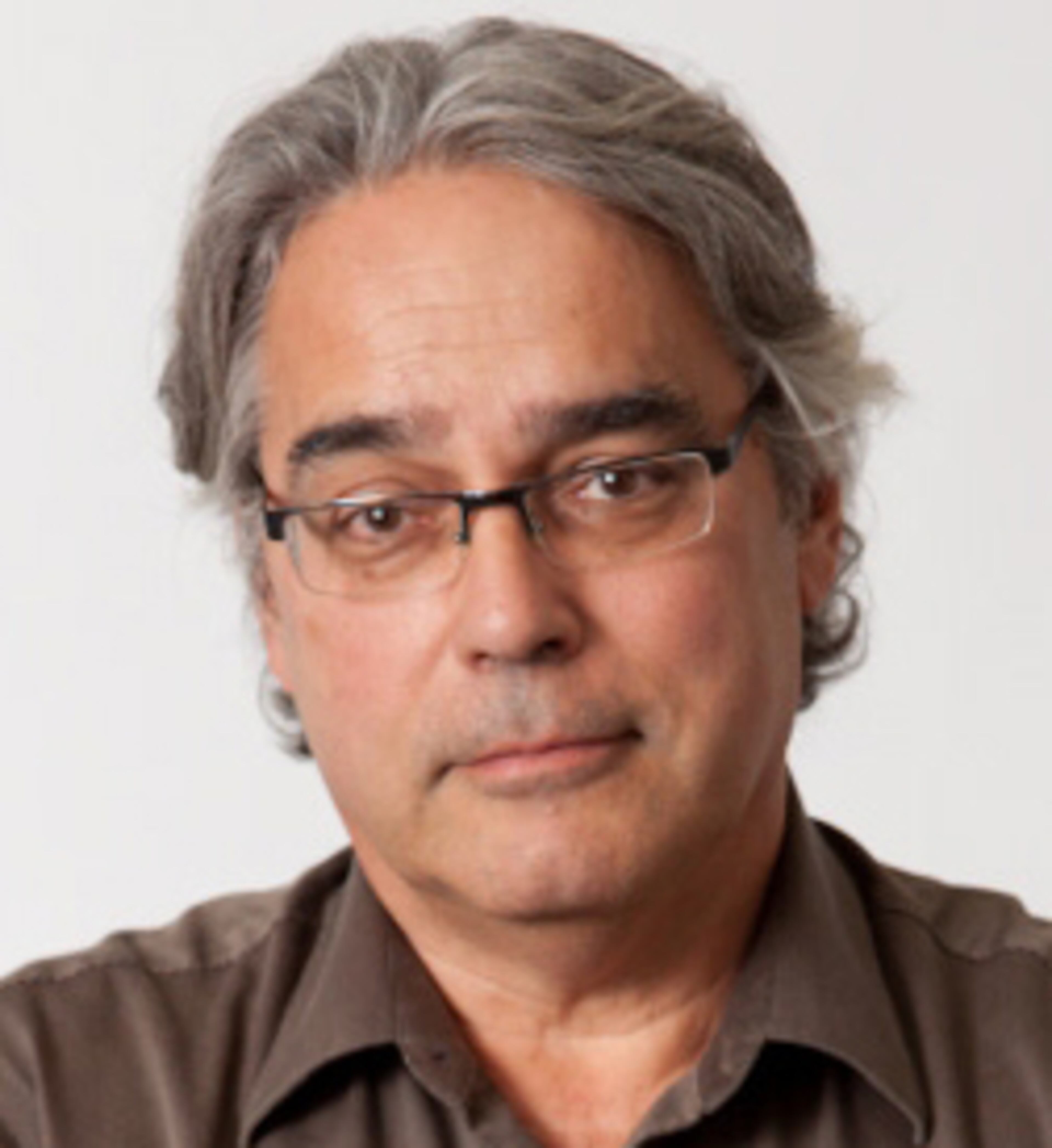Opinion: 1996 – When the world came to Atlanta

St. Simons Island, Ga. – You almost need a forensic archeologist to find relics of the Centennial Olympic Games.
Atlanta 1996 is all but buried under Atlanta 2021. Monday marks 25 years since Opening Ceremonies in an Olympic stadium that exists largely in memory. The Omni, Georgia Dome, the tennis center, the velodrome – all gone.
In early July, I drove around Atlanta with the Olympics once again very much on my mind.
Did the Atlanta Olympics really matter to Atlanta?
To be sure, the Games marked a very important chapter in my life. In late 1989, this newspaper assigned me to report on Atlanta’s bid for the Games. I was a local government reporter instead of a sportswriter, and that was the point.
Despite appearances, the Olympic Games for the most part comprise deeply unglamorous years of politics, business and construction punctuated by a two-week track meet.
For me, the bid was the exciting part, full of intrigue, desperation and heroics. Atlanta was considered an upstart pretender that hadn’t earned the right to host the celebration marking a century since the founding of the Modern Games by a French aristocrat.
Almost no one believed Atlanta could win. To be honest, the international sports world at first was cool to Atlanta. Few International Olympic Committee patricians considered Atlanta the kind of inspiring and sophisticated destination of either Barcelona in 1992 or Sydney in 2000. Even though Maynard Jackson declared Atlanta the next, great international city, the Olympic world was unimpressed.

Yet, if Atlanta lacked glamor, it had story.
It was the only American city destroyed by Civil War and reborn in Civil Rights. In an era of the fall of the Berlin Wall and the rise of Nelson Mandela, the idea of associating the Olympic brand with the city of Rev. Martin Luther King Jr. ultimately proved irresistible. The bid even adopted as its mantra the word “Dream” – as in what MLK famously had at the Lincoln Memorial in 1963.
One of King’s lieutenants – Andy Young – was among those carrying the message that Atlanta represented reconciliation. Couple “The Dream” with the happy convenience of awarding the Centennial Games to the hometown of Coca Cola – which had been the single biggest Olympic benefactor – and you could feel the harmonic convergence.
The dark horse triumphed in Tokyo in September 1990, an outcome announced with faint disdain by IOC President Juan Antonio Samaranch. A British newspaper headline proclaimed, “The Dog Has Caught the Car.”
Dick Pound, the droll Canadian IOC member who became Atlanta’s minder, once described to me the host city’s relationship to the Games as a tedious marriage: “You fall hopelessly in love, go on a honeymoon and then wake up one day arguing over who takes out the trash and loads the dishwasher.” Little romance filled the years after Atlanta was awarded the Games. The IOC had found itself in bed with a spouse with big talk but modest means.
Atlanta had little money beyond what it could raise from selling TV rights, souvenirs and sponsorships. The bidders had pledged to conservative legislators not to spend taxpayer money, so the Atlanta Olympics never aspired to be transformative as they were in cities like Barcelona. Spain spent about $9 billion on the 1992 Games – more than triple what was spent here.
Atlanta hosted the Disposable Games.
The lofty goal for A.D. Frazier Jr., the quirky banker recruited to bring order in Atlanta, was to leave no debt. At that, the Centennial Olympics won a gold medal.
Even so, the Olympic Games are about more than buildings and infrastructure.
Billy Payne, who was given to hyperbole, liked to call the Atlanta Olympics “the greatest peacetime event in the history of the world.”
In this case, Billy was right. Even with the dark menace of the Olympic park bomber, people filled the stadiums, arenas and sidewalks in numbers that seemed astounding at the time.
In Barcelona, many of the stunning venues sat shockingly empty. Everyone loved strolling the Ramblas in the soft Mediterranean air, admiring the admirable Sagrada Familia and sitting in lovely cafes on lovely sidewalks – but women’s volleyball, not so much.
Atlantans loved every minute and rocked every venue.
Even this Atlantan. My wife and I were at Opening Ceremonies that night, 25 years ago. I was as hard-bitten as the next reporter as the sun set pink and the torch – spirited from Ancient Olympia – glowed bright in the hushed, darkened stadium.
Olympian Janet Evans ran a lap before handing off to Olympian Muhammad Ali, who suddenly and surprisingly had appeared at the base of the caldron. His body shaking with Parkinson’s, Ali sent the flame on its final leg.
The flicker halted briefly and then zipped up to ignite the Olympic flame. I deny that tears rolled down my face.
A few days ago, I sat in traffic and looked again to that odd caldron that still resembles a French fry container resting on a strange and unfinished metal frame. The old caldron seems cold and lost among all the new buildings. I suspect the Georgia State students milling around beneath it can’t even tell you what that thing is.
Did the Atlanta Olympics really matter to Atlanta?
Sure. The city realized a dream, and realizing a dream always means something.
But the real answer lives with the hundreds of thousands of people who carried the torch for a leg of the 17,000-mile relay or stood in the stands to watch the world’s best young athletes shatter records or lived two weeks in a brave and beautiful city that long ago was too busy to hate.
For us, the flame still burns.
Bert Roughton retired in 2018 as senior managing editor and editorial director of The Atlanta Journal-Constitution. He is now a media consultant and writer who lives with his wife on St. Simons Island.

